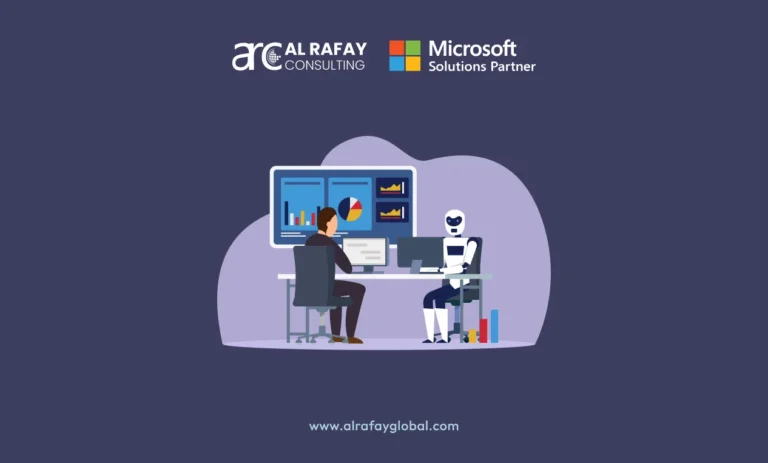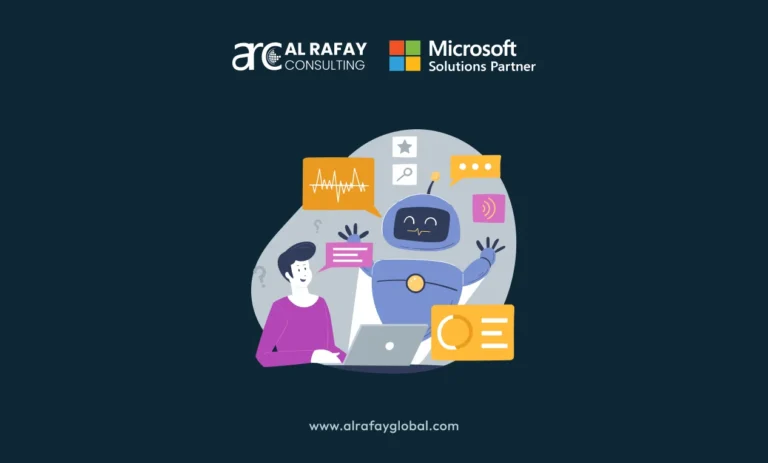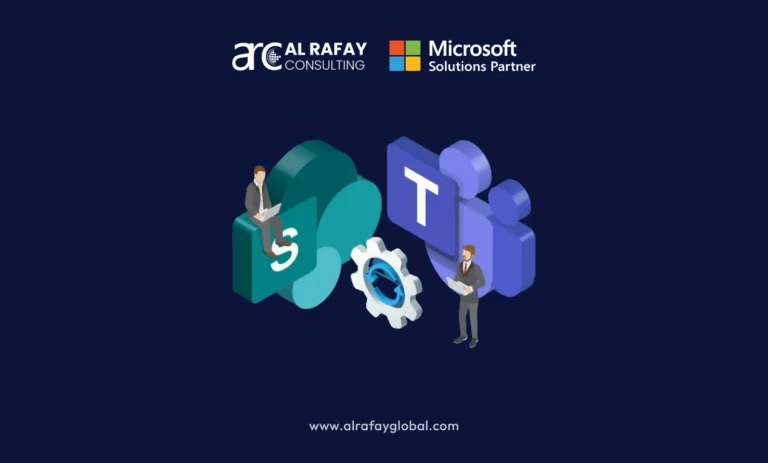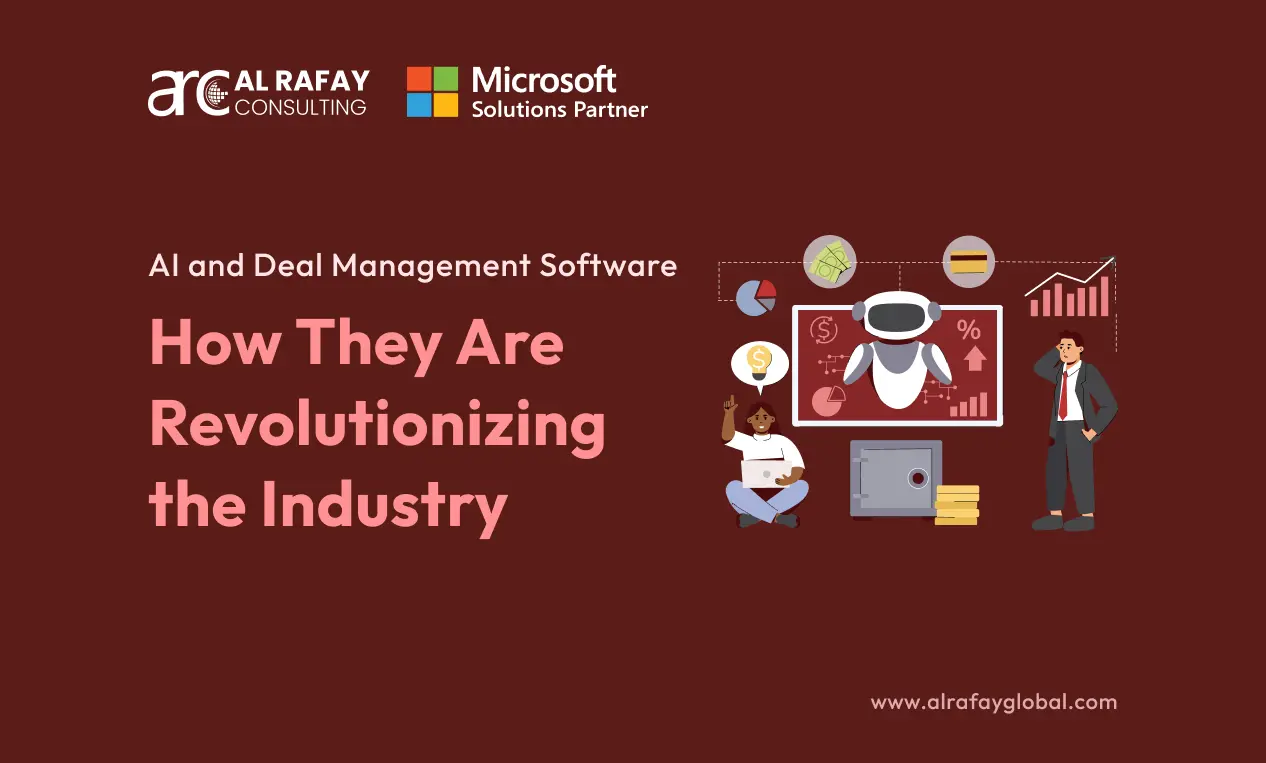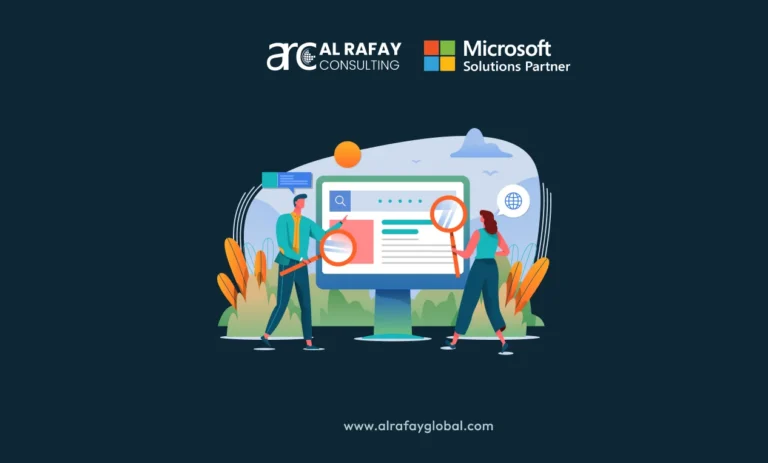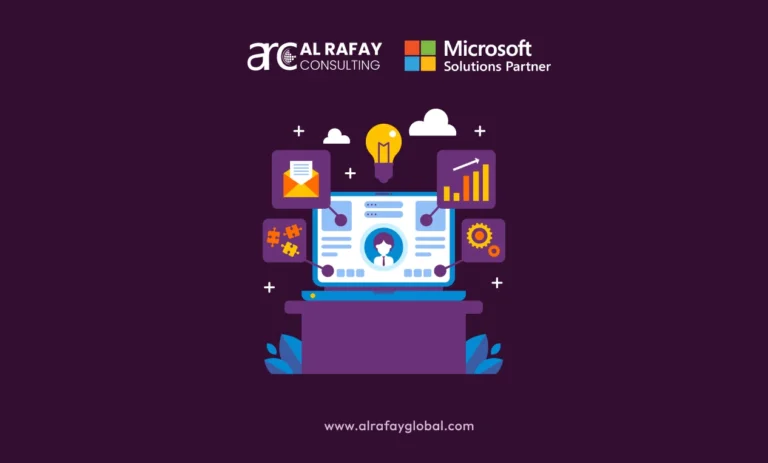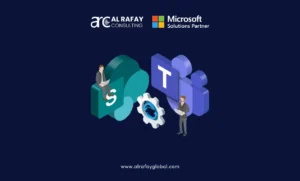Deal management has become a critical component for ensuring successful transactions across various industries. The traditional methods of managing deals are no longer sufficient to keep up with the increasing complexity and pace of business. The integration of Artificial Intelligence (AI) with deal management software is transforming the way organizations handle their transactions and client relationships.
This transformation is not only enhancing efficiency and accuracy but also providing deep insights and predictive capabilities that were previously unattainable. Effective deal management is a cornerstone of success across multiple industries, from finance and real estate to technology and pharmaceuticals. It involves overseeing and optimizing the end-to-end process of deals, including negotiation, execution, monitoring, and closure.
In this blog, we will discuss how AI and Deal Management Software are changing traditional dealing methods. We will discuss everything from predictive analysis to AI-based negotiation tactics. So, let’s start.
Introduction to AI and Its Growing Influence in Deal Management
Artificial Intelligence, with its capabilities in machine learning, natural language processing, and predictive analytics, is increasingly being integrated into deal management processes. AI-driven deal management systems are capable of automating routine tasks, analyzing vast amounts of data for actionable insights, and predicting deal outcomes with high accuracy. This growing influence of AI is revolutionizing traditional deal management practices, leading to enhanced efficiency and better decision-making.
The Basics of Deal Management
Definition and Scope of Deal Management
Deal management encompasses the strategic planning, negotiation, execution, and monitoring of business deals. It involves multiple stakeholders and requires meticulous attention to detail to ensure all aspects of a deal are handled efficiently. The scope of deal management includes contract management, customer relationship management (CRM), risk assessment, and compliance monitoring.
Key Components and Processes Involved
The key components of deal management include:
- Deal Sourcing: Identifying and evaluating potential deals.
- Negotiation: Discussing terms and reaching mutually beneficial agreements.
- Due Diligence: Conducting thorough investigations to ensure the deal’s viability.
- Execution: Finalizing and formalizing the agreement.
- Monitoring and Reporting: Tracking deal performance and compliance.
- Deal Sourcing: Identifying and evaluating potential deals.
Traditional Challenges in Deal Management
Traditional deal management faces several challenges. Manual processes are time-consuming and prone to errors, often leading to inefficiencies and delays. Data silos can result in fragmented information, making it difficult to get a comprehensive view of a deal. Limited insights from traditional data analysis methods can hinder informed decision-making. Additionally, managing risks and ensuring compliance with regulatory requirements can be challenging without robust systems and tools.
AI in Deal Management: An Overview
Introduction to AI Technologies Relevant to Deal Management
AI encompasses a range of technologies that are highly relevant to deal management, including:
- Machine Learning (ML): Algorithms that learn from data and improve over time.
- Natural Language Processing (NLP): Techniques for understanding and processing human language.
- Predictive Analytics: Methods for forecasting future outcomes based on historical data.
- Machine Learning (ML): Algorithms that learn from data and improve over time.
The integration of AI into business processes has evolved from simple automation to advanced analytics and decision support systems. Initially, AI was used to automate repetitive tasks, but now it provides deep insights and strategic recommendations that drive business growth.
Enhanced Data Analysis and Insights
How AI Improves Data Collection and Processing
AI enhances data collection and processing by automating data entry, reducing manual errors, and saving time. Real-time data processing capabilities enable quick analysis and decision-making. AI also facilitates data integration from various sources, providing a holistic view of the deal management landscape. These capabilities ensure that businesses have access to accurate and up-to-date information, which is critical for effective deal management.
Role of AI in Analyzing Large Datasets
AI excels at analyzing large datasets to uncover patterns and insights that would be difficult for humans to detect. This capability is crucial in deal management, where timely and accurate data analysis can significantly impact decision-making. AI algorithms can identify trends, correlations, and anomalies in large datasets, providing valuable insights that can inform deal strategies and actions.
Examples of AI-Driven Insights in Deal Management
AI-driven insights in deal management can take various forms. For instance, AI can analyze customer data to predict buying patterns and preferences, helping businesses tailor their offerings to meet customer needs. It can also identify emerging market trends, enabling businesses to capitalize on new opportunities. In risk assessment, AI can detect potential risks in deals through predictive modeling, allowing businesses to take proactive measures to mitigate these risks. These insights enhance the overall effectiveness and efficiency of deal management processes.
Predictive Analytics and Forecasting
Understanding Predictive Analytics
Predictive analytics involves using statistical algorithms and machine learning techniques to identify the likelihood of future outcomes based on historical data. This is particularly useful in deal management for forecasting deal success and identifying potential pitfalls. Predictive analytics enables businesses to make data-driven decisions, reducing uncertainty and enhancing the accuracy of their predictions.
Benefits of AI in Forecasting Deal Outcomes
AI enhances forecasting by utilizing vast amounts of data to improve prediction accuracy. It can identify trends and patterns that may not be immediately obvious, providing deeper insights into potential deal outcomes. AI-driven forecasting also allows businesses to make proactive decisions, addressing potential issues before they arise. This can significantly improve the chances of deal success and enhance overall business performance.
Case Studies of Successful AI Implementations in Predictive Analytics
Several case studies highlight the benefits of AI in predictive analytics. In the financial services sector, banks are using AI to predict loan defaults and manage credit risk, resulting in improved risk management and reduced losses. In the real estate industry, AI is being used to forecast property values and market demand, enabling more informed investment decisions. In healthcare, AI-driven predictive analytics are helping predict patient outcomes and optimize treatment plans, improving patient care and reducing costs. These case studies demonstrate the transformative impact of AI on predictive analytics across various industries.
Automating Routine Tasks
Identifying Routine Tasks in Deal Management
Routine tasks in deal management include data entry and validation, document management, and reporting. These tasks are often repetitive and time-consuming, requiring significant manual effort. Automating these tasks can free up valuable time and resources, allowing professionals to focus on more strategic activities.
How AI Can Automate These Tasks
AI can automate routine tasks through robotic process automation (RPA) and AI-powered tools. RPA can handle repetitive tasks without human intervention, ensuring consistency and accuracy. AI-powered chatbots can assist in customer interactions and data collection, providing quick and accurate responses to queries. Automated document processing tools can extract and organize information from documents, reducing the need for manual data entry and validation. These capabilities significantly enhance efficiency and accuracy in deal management processes.
Impact on Efficiency and Accuracy
Automating routine tasks with AI leads to increased efficiency and reduced errors. By eliminating manual processes, AI reduces the likelihood of errors and inconsistencies, enhancing data accuracy. Automation also speeds up processes, improving turnaround times and allowing businesses to respond more quickly to market changes and customer needs. The overall impact is a more efficient and effective deal management process that supports better business outcomes.
Improving Customer Relationship Management (CRM)
Integration of AI with CRM Systems
AI enhances CRM systems by providing deeper insights into customer behavior and preferences, enabling personalized interactions and recommendations. AI-powered CRM systems can analyze customer data to identify patterns and trends, providing valuable insights that can inform customer engagement strategies. This integration allows businesses to tailor their interactions with customers, enhancing customer satisfaction and loyalty.
Personalized Customer Interactions and Recommendations
AI enables personalized interactions by analyzing customer data to understand individual preferences and behaviors. This allows businesses to tailor their communications and offers to meet the specific needs of each customer. AI can also provide customized product and service recommendations based on customer data, enhancing the relevance and effectiveness of marketing efforts. Personalized interactions and recommendations improve customer satisfaction and increase the likelihood of repeat business.
Case Studies Showcasing Improved Customer Relationships Through AI
A retail company used AI to analyze customer data and provide personalized product recommendations, resulting in a 15% increase in sales. Similarly, a financial services firm integrated AI with its CRM system to offer tailored investment advice, which led to a significant improvement in client retention and satisfaction.
Enhancing Negotiation Strategies
Role of AI in Analyzing Negotiation Data
AI plays a crucial role in analyzing negotiation data by examining past negotiations to identify successful tactics and strategies. This analysis helps in understanding the factors that influence negotiation outcomes and refining approaches accordingly.
AI-Driven Recommendations for Negotiation Tactics
AI provides data-driven recommendations for negotiation tactics based on historical data and predictive models. For example, AI can suggest optimal pricing strategies, identify the best concessions to offer, and predict the likely response of the other party.
Real-world Examples of Enhanced Negotiation Outcomes
A global manufacturing company used AI to analyze past negotiation data and develop a strategy for a major supplier contract. The AI-driven recommendations helped them secure better terms, resulting in a 10% cost reduction. Another example involves a real estate firm using AI to negotiate property deals more effectively, leading to a 20% increase in successful transactions.
Risk Assessment and Mitigation
AI’s Role in Identifying Potential Risks
AI plays a crucial role in identifying potential risks in deal management by leveraging advanced data analytics and machine learning algorithms. Traditional risk assessment methods often rely on historical data and manual analysis, which can be time-consuming and prone to human error. AI, on the other hand, can analyze vast amounts of data from multiple sources in real time, identifying patterns and anomalies that may indicate potential risks.
For example, AI can analyze market trends, economic indicators, and competitor activities to assess the viability of a deal. It can also monitor changes in regulations and compliance requirements, ensuring that organizations are aware of any potential legal risks. By providing a comprehensive and proactive approach to risk identification, AI helps organizations mitigate risks before they become critical issues.
Predictive Risk Modeling
Predictive risk modeling is another area where AI excels. By using historical data and predictive analytics, AI can forecast potential risks and their impact on deal outcomes. This involves creating complex models that simulate different scenarios and their probabilities. For instance, in the financial sector, AI can predict the likelihood of loan defaults or market downturns, allowing banks to adjust their strategies accordingly.
In real estate, predictive risk modeling can help assess the impact of economic fluctuations on property values. These models enable organizations to make informed decisions and develop strategies to mitigate potential risks. The accuracy and speed of AI-driven predictive risk modeling significantly enhance an organization’s ability to manage risks effectively.
Case Studies of AI in Risk Management
Several case studies highlight the effectiveness of AI in risk management. In the insurance industry, companies are using AI to predict fraudulent claims by analyzing patterns and anomalies in claims data. This has led to significant reductions in fraudulent payouts and improved overall profitability. In supply chain management, AI-driven risk assessment tools are helping companies identify potential disruptions due to factors such as geopolitical events or natural disasters.
By predicting these risks, companies can develop contingency plans to ensure continuity of operations. In the pharmaceutical industry, AI is being used to assess the risks associated with clinical trials, enabling faster and safer drug development. These case studies demonstrate the transformative impact of AI on risk management across various industries.
Streamlining Communication and Collaboration
AI Tools for Improved Team Communication
Effective communication is essential for successful deal management. AI tools are revolutionizing team communication by providing real-time collaboration platforms that integrate seamlessly with other business applications. These tools use natural language processing (NLP) to facilitate better understanding and interaction among team members. For example, AI-powered chatbots can answer queries, schedule meetings, and provide updates on deal status, ensuring that everyone is on the same page. Additionally, AI-driven communication platforms can transcribe and analyze meeting conversations, extracting key insights and action items. This not only saves time but also ensures that important information is not overlooked.
Enhancing Collaboration with AI-Driven Platforms
AI-driven platforms are enhancing collaboration by providing intelligent insights and recommendations based on data analysis. These platforms can analyze team performance, identify strengths and weaknesses, and suggest ways to improve collaboration. For instance, AI can analyze communication patterns to identify bottlenecks and recommend strategies to enhance efficiency. It can also provide personalized feedback to team members, helping them improve their performance. Moreover, AI-driven collaboration tools can integrate with project management software, providing real-time updates on task progress and deadlines. This ensures that all team members are aligned and working towards the same goals.
Ethical Considerations and Challenges
Ethical Implications of AI in Deal Management
While AI offers numerous benefits, it also raises ethical considerations that need to be addressed. One of the primary ethical concerns is the potential for bias in AI algorithms. AI systems are trained on historical data, which may contain biases that can be perpetuated in their predictions and decisions. This can lead to unfair treatment of certain groups or individuals. For example, an AI system used in hiring decisions may favor candidates from certain backgrounds based on biased training data. To mitigate this, it is essential to ensure that AI algorithms are transparent and that their decision-making processes can be audited. Additionally, organizations need to implement measures to detect and eliminate biases in their AI systems.
Addressing Biases in AI Algorithms
Addressing biases in AI algorithms requires a multifaceted approach. Firstly, organizations need to use diverse and representative data sets for training their AI models. This helps ensure that the AI system does not favor any particular group. Secondly, regular audits and assessments of AI algorithms are necessary to identify and rectify any biases that may emerge over time. Thirdly, involving a diverse team of data scientists and domain experts in the development of AI systems can provide different perspectives and help identify potential biases. Finally, organizations should establish clear ethical guidelines and frameworks for the development and deployment of AI systems, ensuring that ethical considerations are an integral part of the AI lifecycle.
Balancing Automation with Human Oversight
While AI can automate many tasks in deal management, it is essential to balance automation with human oversight. This ensures that critical decisions are not made solely by AI systems without human intervention. Human oversight is crucial for validating AI-generated insights, making ethical judgments, and handling complex situations that require nuanced understanding. For example, while AI can provide recommendations for negotiation strategies, the final decision should be made by experienced negotiators who can consider factors beyond what the AI system has analyzed. By maintaining a balance between automation and human oversight, organizations can leverage the benefits of AI while ensuring ethical and effective decision-making.
Future Trends in AI and Deal Management
Emerging AI Technologies and Their Potential Impact
Emerging AI technologies such as deep learning, reinforcement learning, and advanced natural language processing are poised to further revolutionize deal management. These technologies will enable more sophisticated data analysis, decision-making, and automation capabilities.
Predictions for the Future of Deal Management with AI
The future of deal management with AI is likely to see increased adoption of AI-driven tools, more accurate predictive analytics, and greater integration of AI across business functions. This will lead to more efficient, effective, and data-driven deal management processes.
Preparing for the Future: Skills and Strategies for Professionals
Professionals in the field must stay abreast of AI advancements and continuously upgrade their skills to leverage these technologies effectively. This includes understanding AI fundamentals, staying informed about industry trends, and developing strategic thinking to integrate AI into deal management processes.
Final Thoughts on Embracing AI for Competitive Advantage
Embracing AI in deal management is no longer a choice but a necessity for businesses aiming to stay competitive. By integrating AI-driven tools and strategies, companies can streamline their deal management processes, reduce risks, and achieve better outcomes.
If you want consultation regarding Deal Tracking Software development, contact our Microsoft-certified experts at Al Rafay Consulting.

